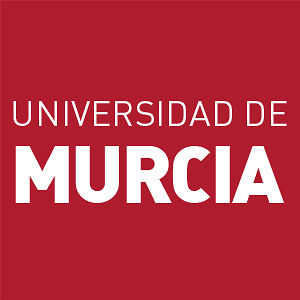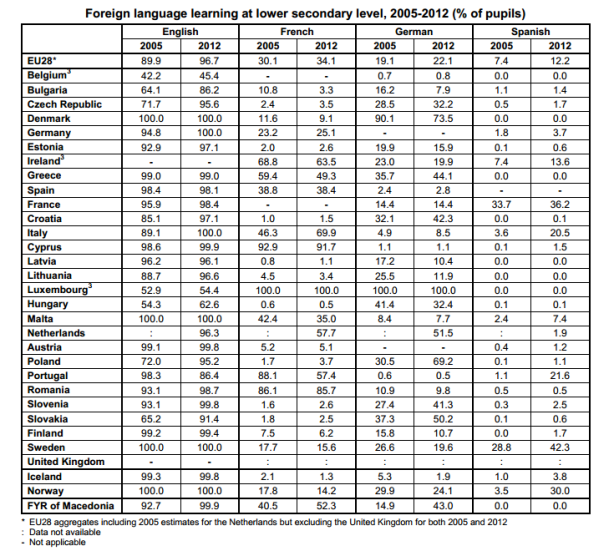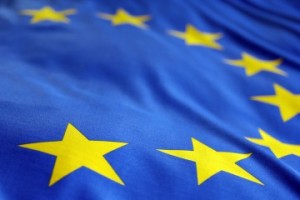JORNADAS DEL PROFESORADO:
“Movilidad y cooperación europea con Erasmus+”
FECHA: 19 de Febrero de 2015
LUGAR: Salón de Actos – Museo Arqueológico de Murcia (MAM)
Avenida Alfonso X El Sabio, 7, 30008 Murcia

Nº máximo asistentes: 120
PROGRAMA DEFINITIVO
MAÑANA
08:30 Recepción y entrega de documentación.
09:00 Inauguración. Begoña Iniesta Moreno. Directora General de Calidad Educativa, Innovación y Atención a la Diversidad. Consejería de Educación, Cultura y Universidades. Manuel Pleguezuelo Alonso. Director General de Participación Ciudadana, Unión Europea y Acción Exterior. Consejería de Presidencia y Empleo. Beatriz Tourón Torrado. Unidad de Educación Escolar y de Personas Adultas. Servicio Español para la Internacionalización de la Educación (SEPIE).
09:30 Erasmus+. Bases del Programa, estructura y novedades convocatoria 2015. Beatriz Tourón Torrado. Unidad de Educación Escolar y de Personas Adultas. Servicio Español para la Internacionalización de la Educación (SEPIE).
10:45 Pausa
11:15 Acción Clave 1 (KA1): Movilidad de las personas por motivos de aprendizaje Fernando Gea Martínez y Antonio Ruiz Hernández. IES Poeta Julián Andúgar (Santomera)
12:00 Acción Clave 2 (KA2): Cooperación para la innovación y el intercambio de buenas prácticas. Pascual Pérez Paredes. Universidad de Murcia.
12:45 Otras iniciativas y herramientas europeas relacionadas con Erasmus+: Europass y Europe Direct. o Lucrecia Peñaranda. Dirección General de Formación Profesional y de Personas Adultas. Consejería de Educación, Cultura y Universidades. o Teresa Allepuz Ros. Responsable centro Europe Direct Murcia
13:15 Otras iniciativas y plataformas europeas relacionadas con Erasmus+: Programa eTwinning y European School Gateway. Marcos J. Martínez Fernández. Embajador eTwinning. CEIP San Antonio (Molina de Segura).
TARDE
16:00 Experiencias para la internacionalización de los centros educativos en la Comunitat Valenciana.
17:00 Erasmus+ Juventud: Intercambios juveniles
José Vicente Sanía. Responsable de Programas Educativos Europeos Comunitat Valenciana
Ángeles Gimeno. Ayuntamiento de Monserrat (Valencia)
José Vicente de Sousa. CEIP Comunitat Valenciana (Valencia)
Marie France Pérez García-Ripoll. Dirección General de Juventud y Deportes. Consejería de Presidencia y Empleo.
Mercedes Moreno Sánchez. IES Rambla de Nogalte (Puerto Lumbreras)
17:30 Experiencias de éxito Acción Clave 1: Movilidad de las personas por motivos de aprendizaje Caminando hacia Europa con eTwinning.
María Natividad Martínez Luengo. CEIP Fontes (Torre Pacheco)
Movilidad de alumnado Erasmus+
Laura Ortega Pérez y Ma José Medina Marín. IES La Flota (Murcia)
18:30 Experiencias de éxito Acción Clave 2: Cooperación para la innovación y las buenas prácticas
Involve Me and I learn
Carmen Torres Torres. IES Mediterráneo (Cartagena)
Fernando Vera Gallego. Embajador eTwinning. IES Sabina Mora (Roldán-Torre Pacheco)
19:30 Conclusiones
Materiales y links
12:00 Acción Clave 2 (KA2): Cooperación para la innovación y el intercambio de buenas prácticas.
Servicio Español Para la Internacionalización de la Educación
Guía ERASMUS+ en español para 2015
What is the EACEA portal? Link.
Generalidades
Preguntas frecuentes (SEPIE)
Passos previos (SEPIE)
Encuentra un socio: School Education Gateway
Acciones KA2 (Link)
KA2 Educación Escolar
KA2 Formación Profesional
KA2 Educación Superior
KA2 Educación de Adultos










